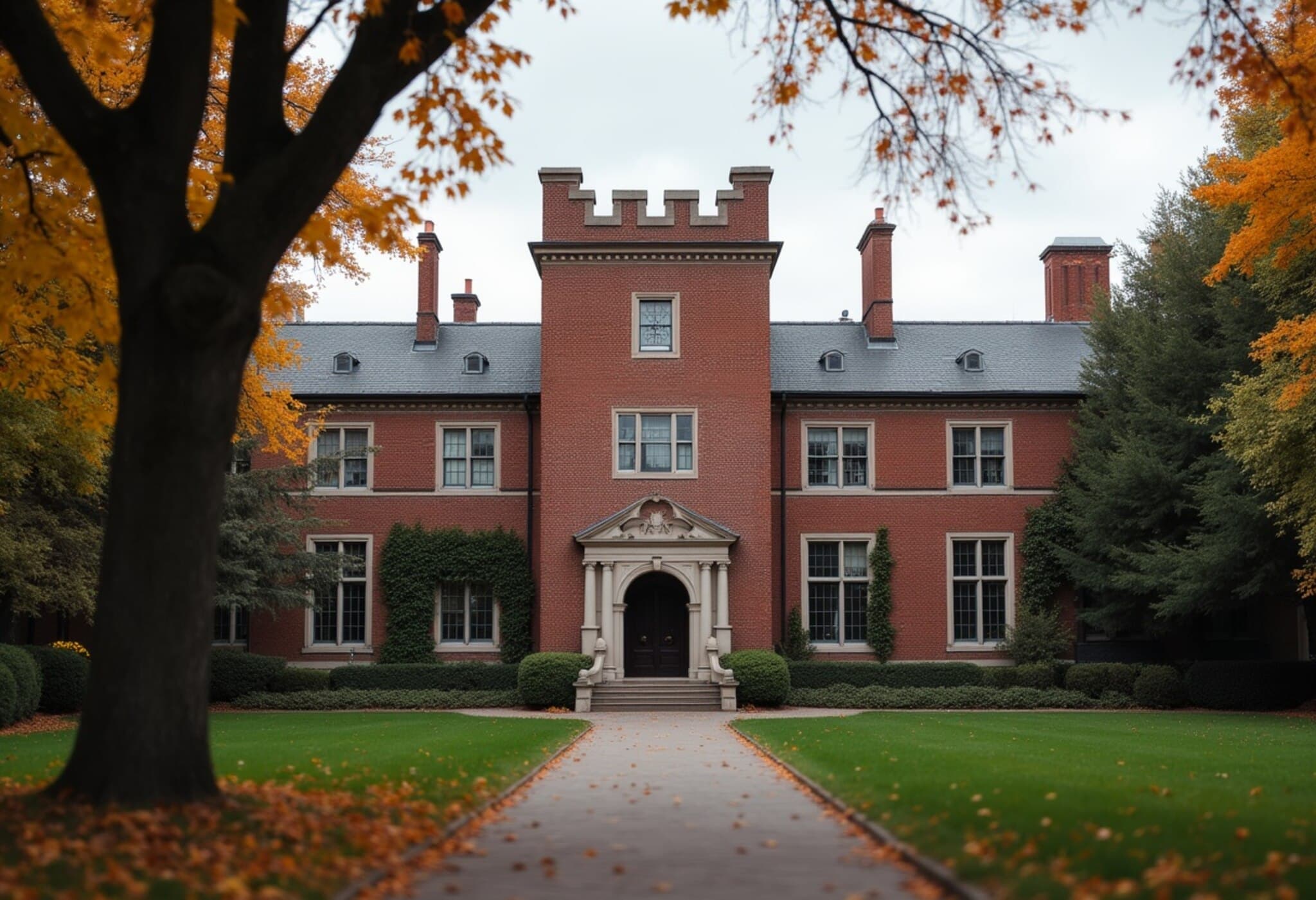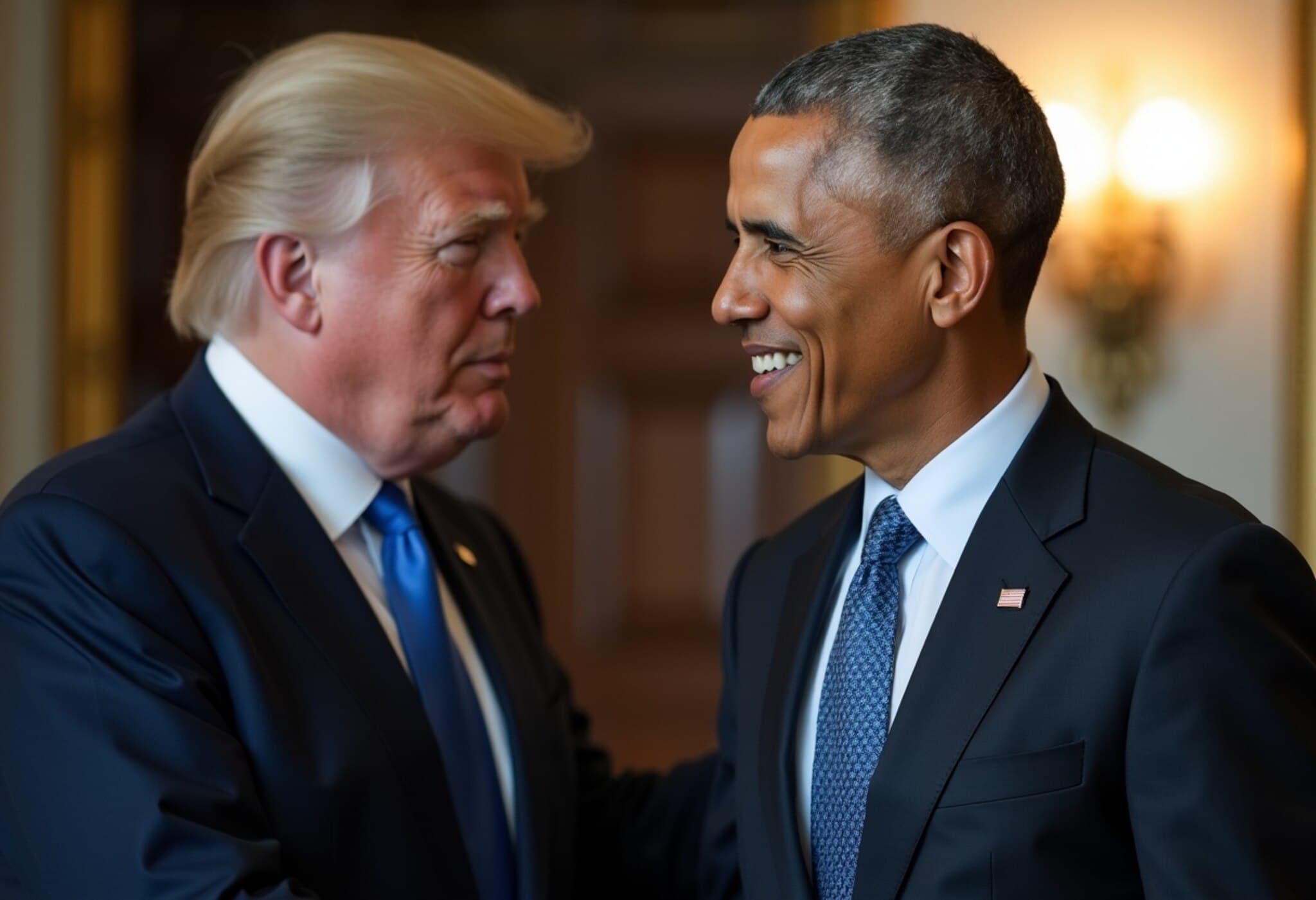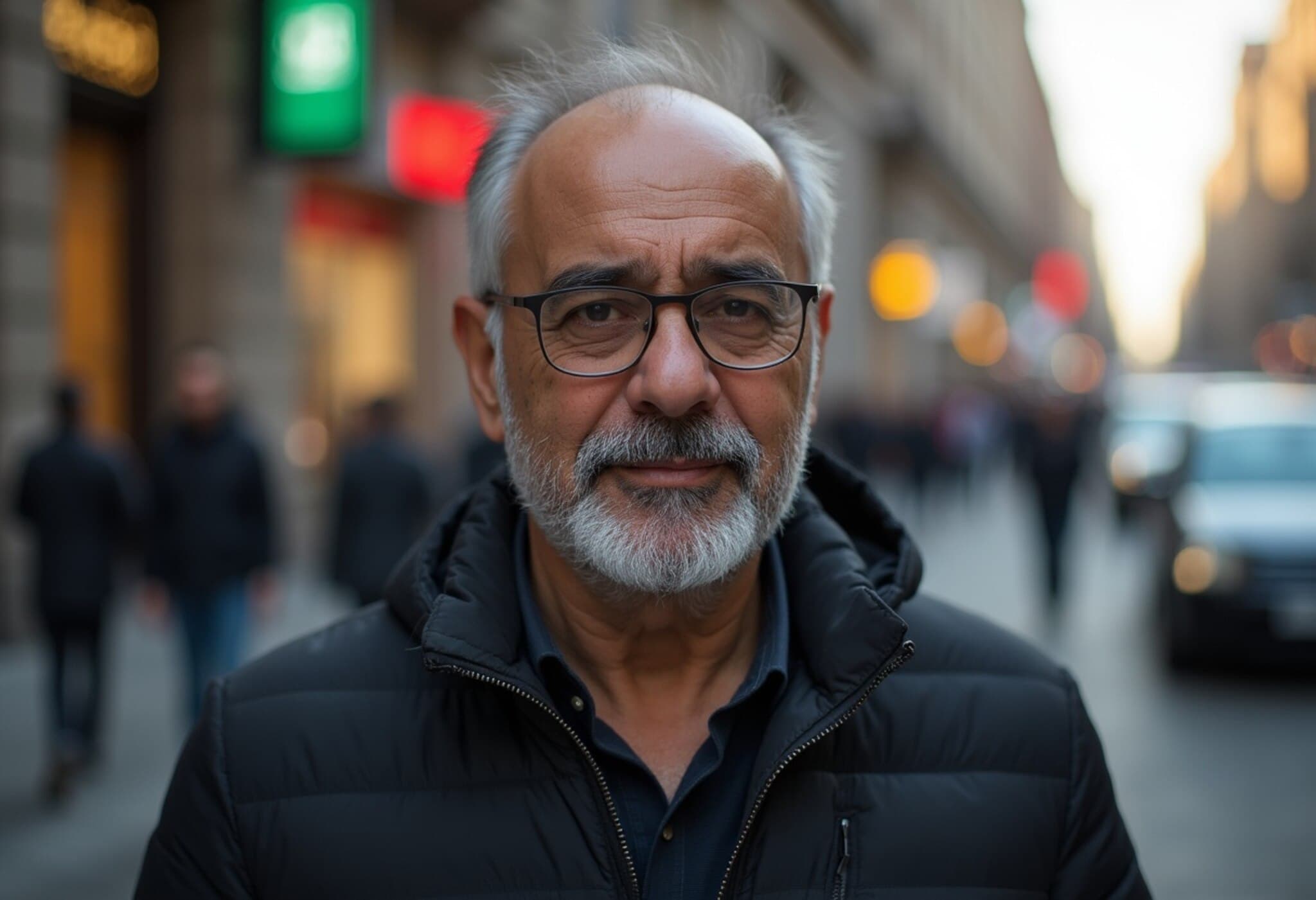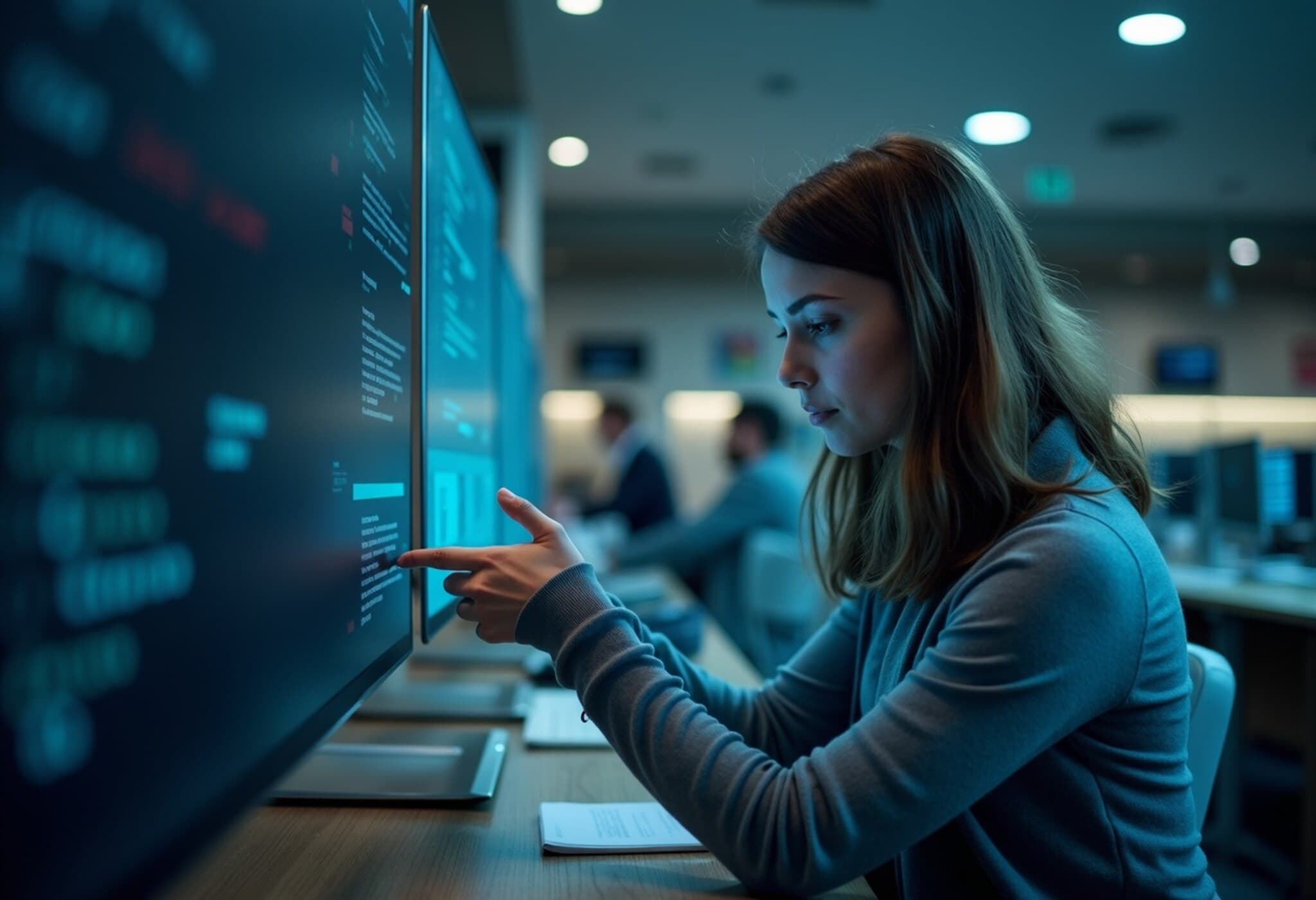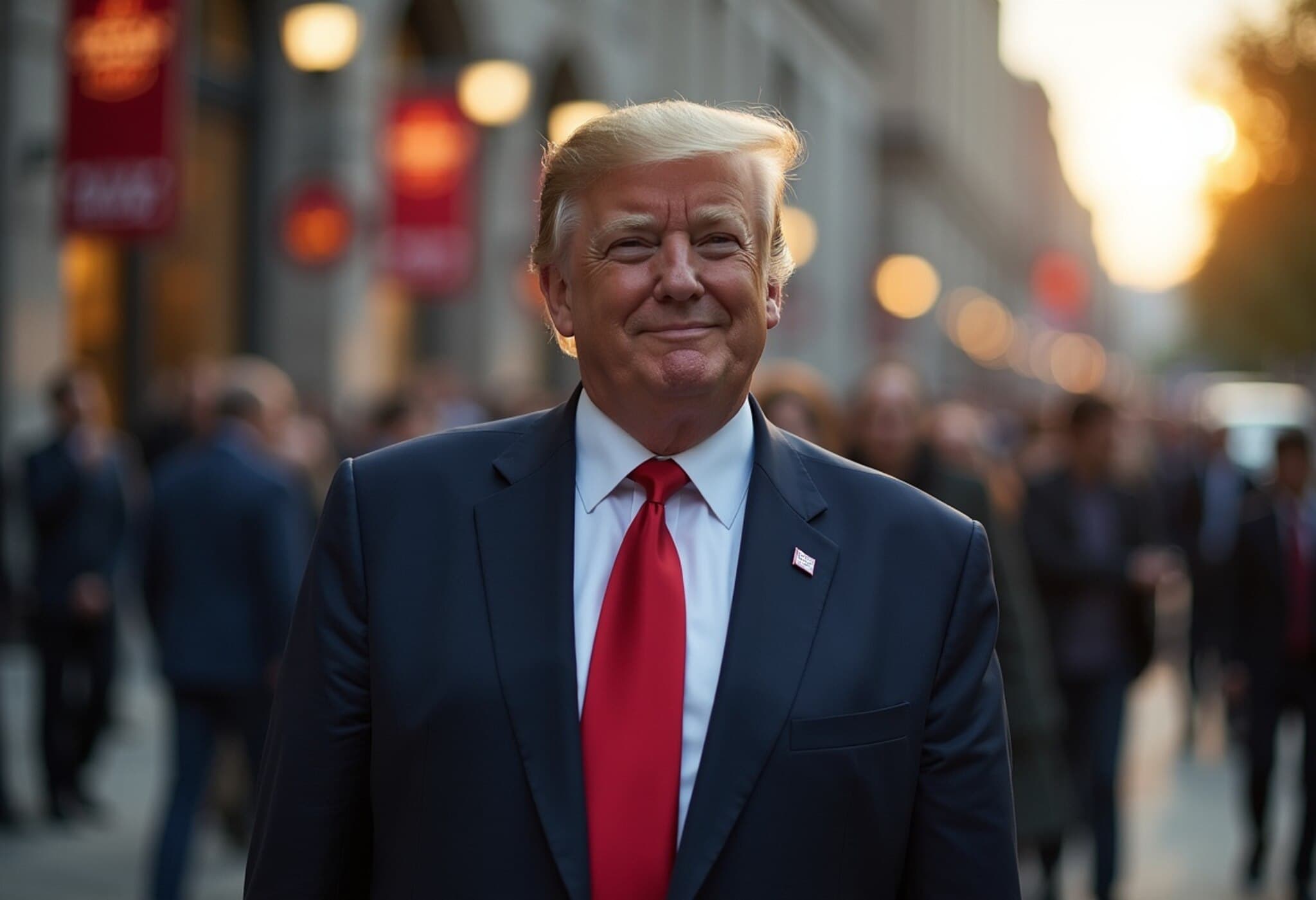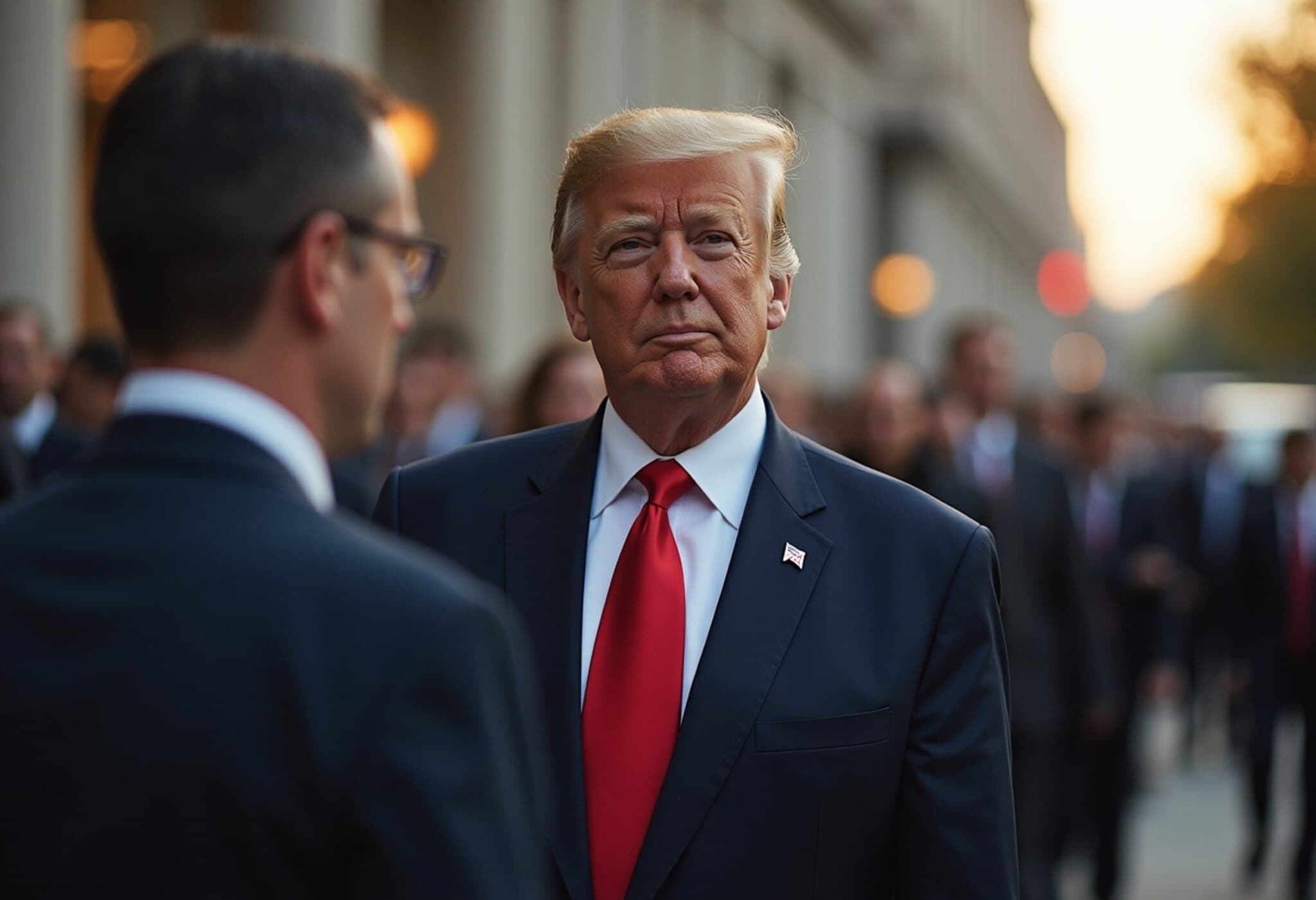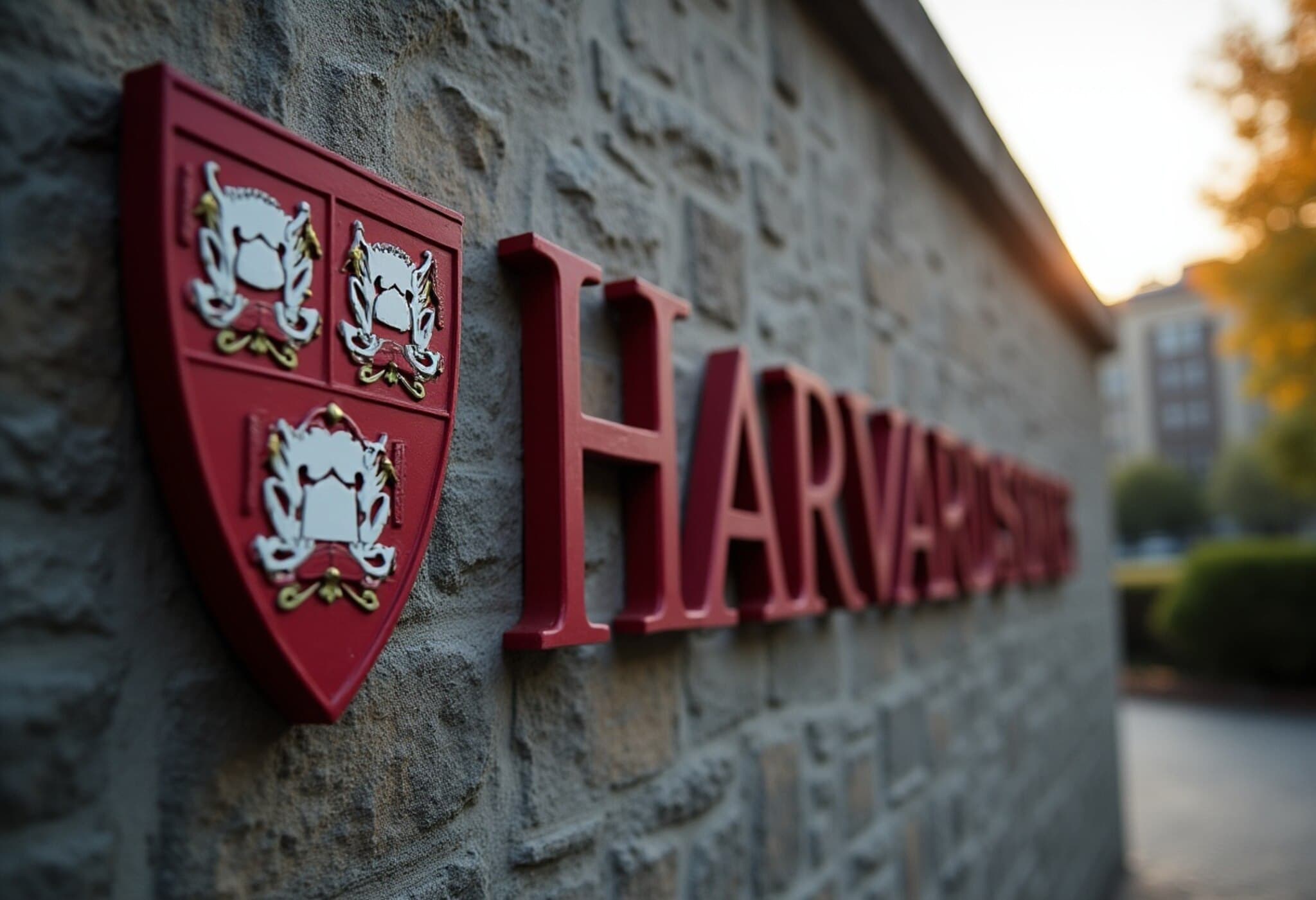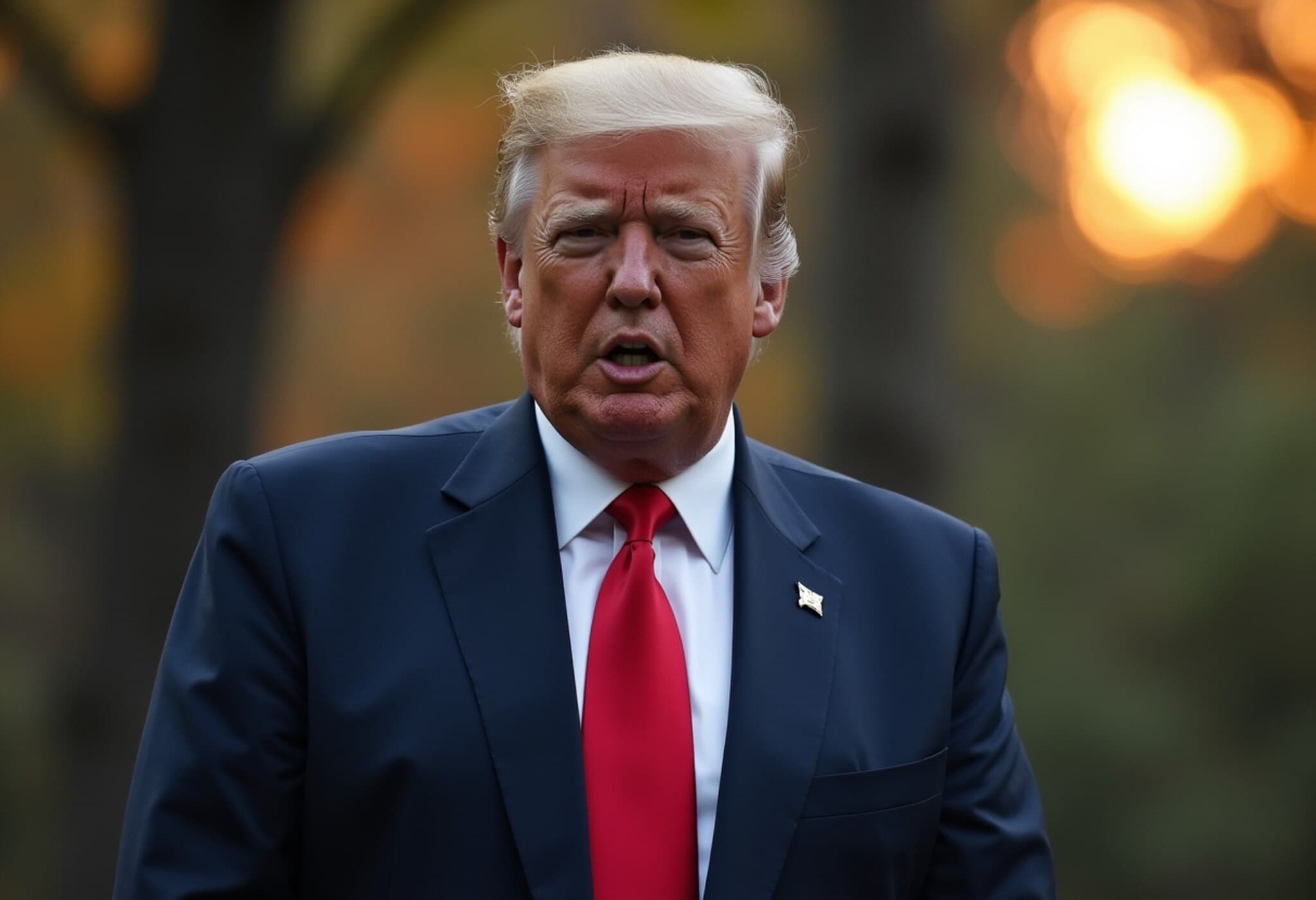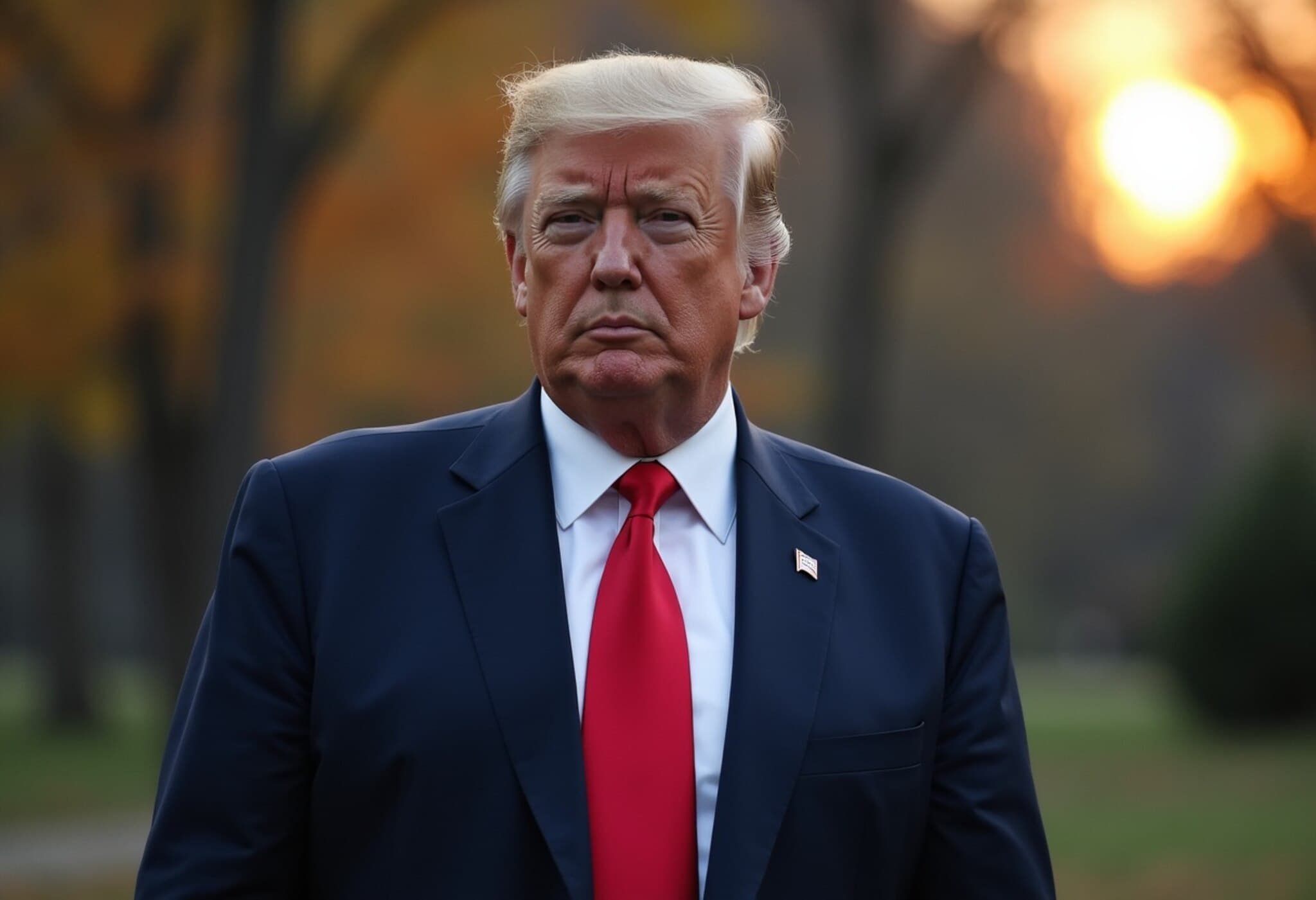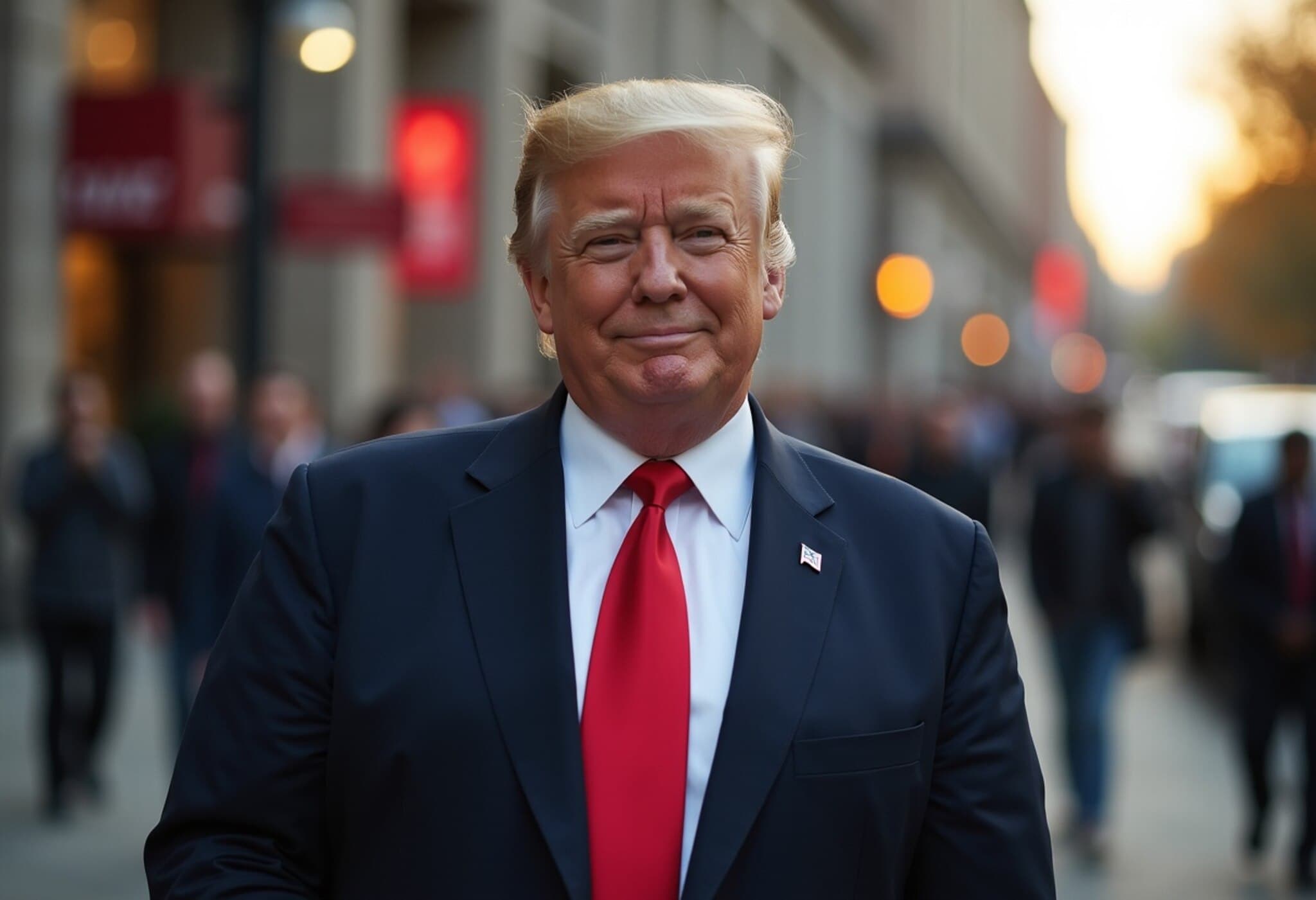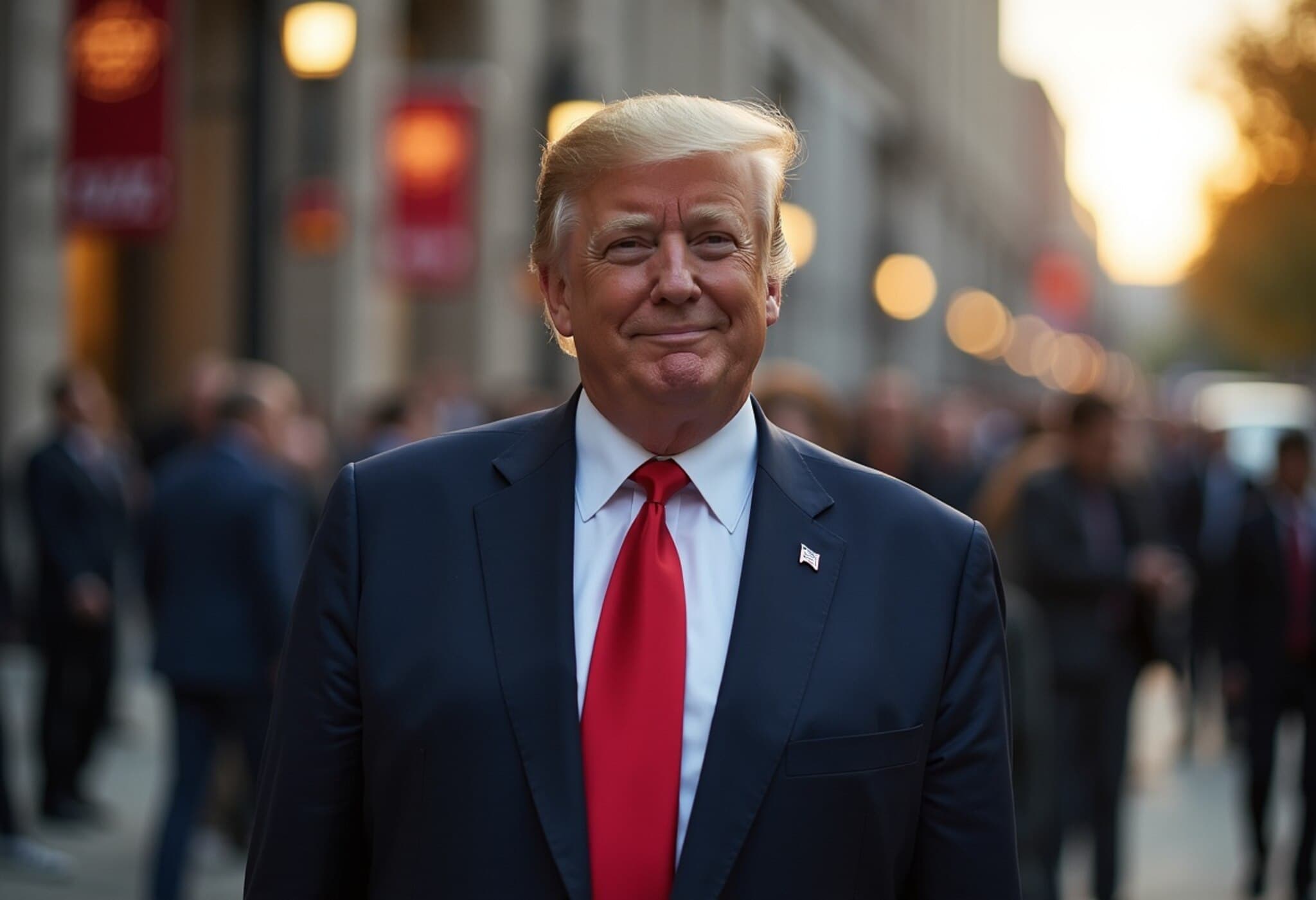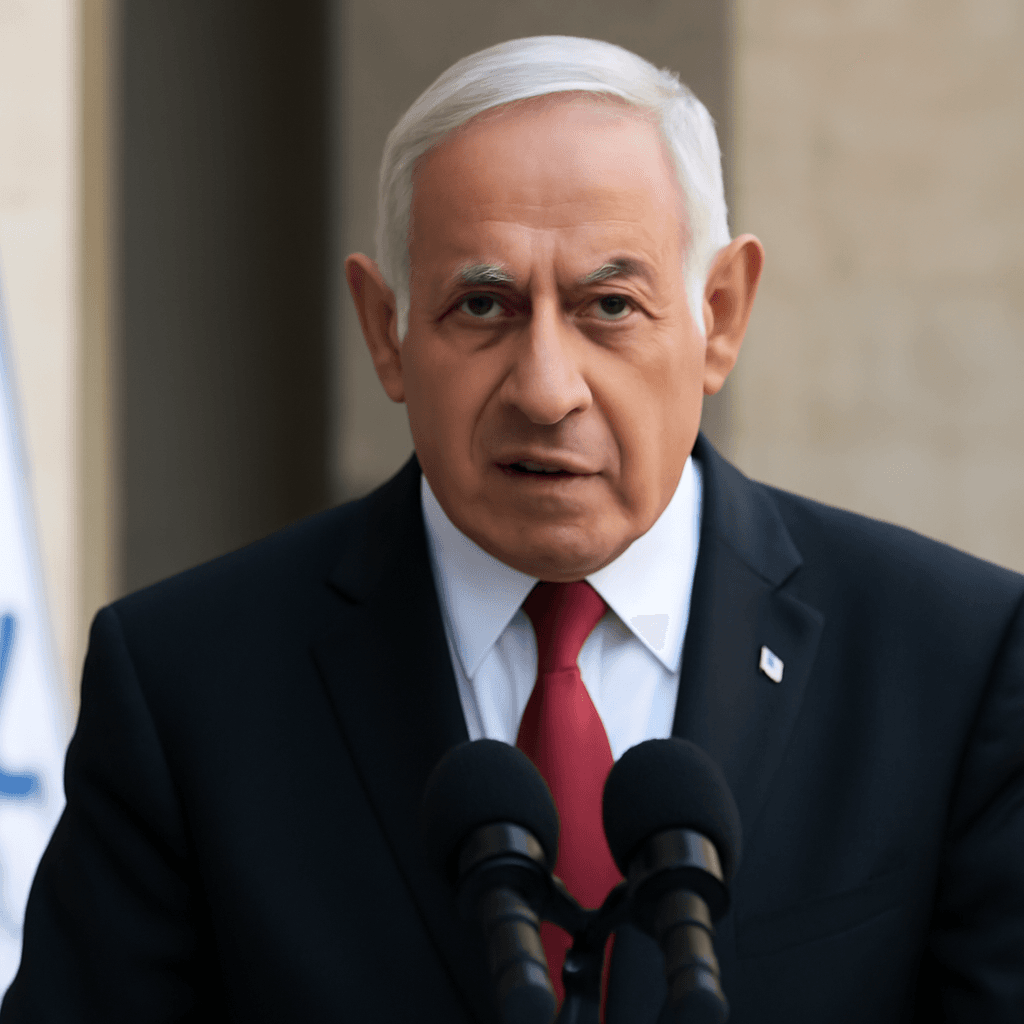US Resumes Student Visa Processing with New Social Media Checks
The United States has lifted its temporary suspension on student and exchange visitor visa appointments, but with a significant new requirement: all applicants must now make their social media accounts accessible to consular officers as part of the visa application process.
New Social Media Disclosure Mandate
This updated policy comes in the wake of last month's halt on visa processing announced during the previous administration. The move signals a heightened scrutiny approach where applicants refusing to disclose their social media profiles may face visa denials.
Consular officers will evaluate publicly shared posts, messages, and interactions to identify any content that might be deemed hostile or adverse to US government values, culture, institutions, or foundational principles.
Expansion of Prior Screening Practices
While social media checks on visa applicants are not entirely new—previously focused primarily on returning students suspected of participating in protests—this policy broadens the screening to encompass all new student visa candidates. The State Department has made it clear that unwillingness to share social media activity could be perceived as an attempt to conceal information, potentially raising red flags during the vetting process.
Impact on International Students
Prospective students from countries including India, China, Mexico, and the Philippines have closely monitored official announcements and visa site updates, eager to secure appointments amid the changing landscape. For instance, a 27-year-old PhD student from China, currently studying in Toronto, expressed relief at finally obtaining an appointment to start a US research internship this July after persistently checking for openings.
Broader Context of Tightened Immigration Controls
This policy extension aligns with the previous administration’s broader efforts to tighten immigration protocols, which have included increased deportations and heightened scrutiny of academic institutions. Some universities have faced criticism for not curbing controversial speech or anti-government protests, reflecting the political undercurrents influencing visa policies.
Guidance for Current and Prospective Students
The US Embassy has also reminded visa holders to maintain compliance with student visa conditions such as regular attendance and continued enrollment to retain their visa status and eligibility. This reminder comes as India solidifies its position as the largest source of international students in the US, boasting over 331,000 enrollments in American universities in 2024, surpassing China for the first time since 2008-09.
What This Means Moving Forward
- Applicants should prepare by reviewing and possibly adjusting their social media privacy settings to meet disclosure requirements.
- Transparency in social profiles may play a critical role in successful visa approval.
- Students should remain attentive to visa regulations and embassy advisories to safeguard their status.
The resumption of visa services with these new checks marks a notable shift in US immigration policy, emphasizing security concerns alongside educational opportunities.



